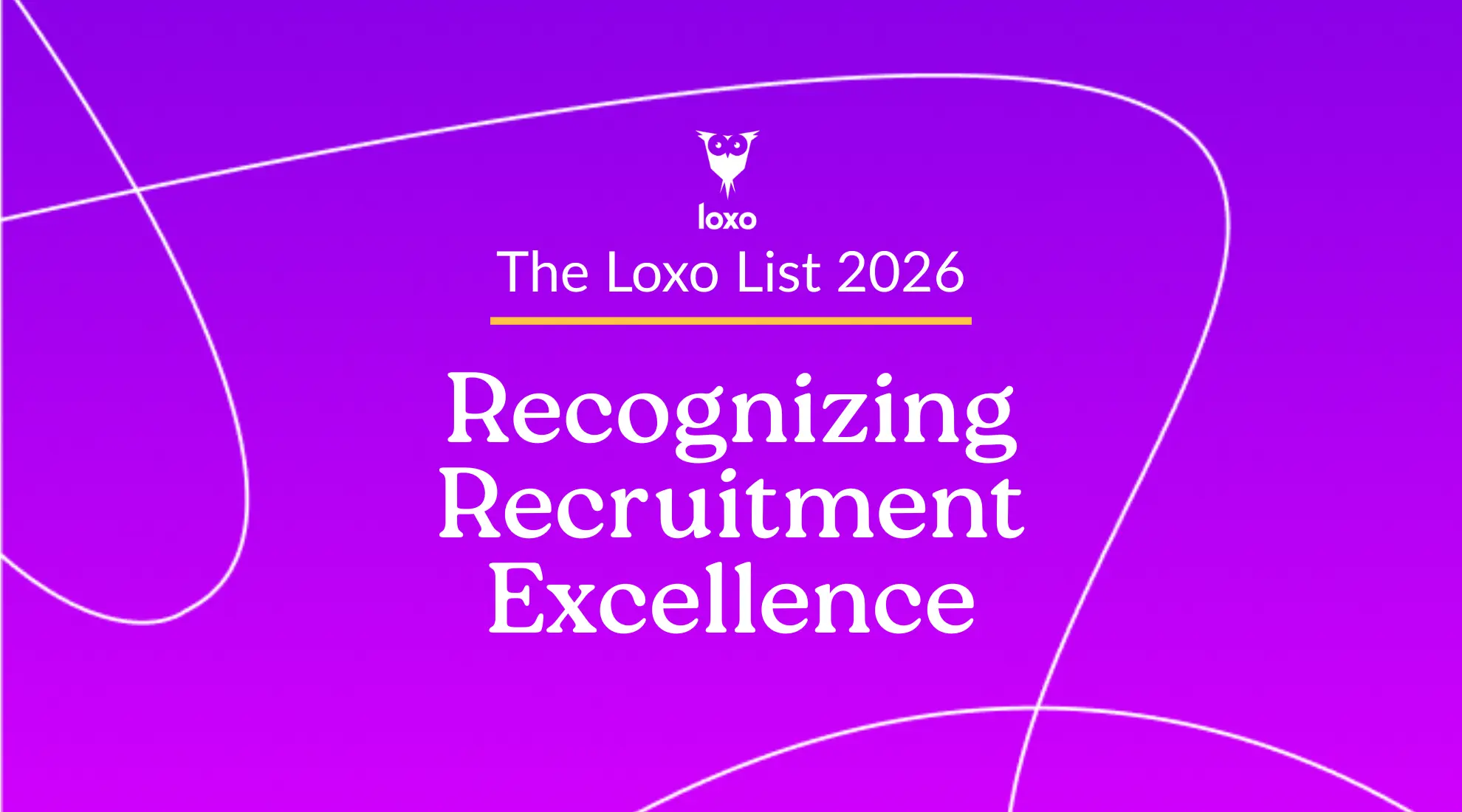As we look towards the future of work, it's clear that the job market is undergoing significant transformations. Recent data from LinkedIn provides fascinating insights into the skills and jobs that are on the rise, painting a picture of what the workforce might look like in 2025 and beyond.
In fact, LinkedIn data suggests that 70% of job skills will evolve significantly by 2030, largely due to — surprise, surprise! — AI.
Emerging skills across the globe
To understand these changes, we'll examine LinkedIn's 2025 Skills on the Rise list and compare it against their Q4 2024 In Demand Jobs report. While there are several recurring themes found in the emerging skills data, there are also some in-demand skills that are unique to each country.
United States:
1. AI literacy
2. Conflict mitigation
3. Adaptability
4. Process optimization
5. Innovative thinking
United Kingdom:
1. Relationship building
2. Strategic thinking
3. AI literacy
4. Communication
5. Large language models (LLM) utilization
Australia:
1. AI literacy
2. Communication
3. Strategic thinking
4. Large language models (LLM) proficiency
5. Adaptability
Brazil:
1. AI literacy
2. Communication
3. Strategic thinking
4. Customer retention
5. Trade policy
The elephant in the room: AI literacy
AI literacy tops the list of emerging skills in many countries. This isn't surprising given the rapid advancements in AI technology, but it's noteworthy that these skills were virtually non-existent just five years ago. More and more professionals are adding it to their profiles, and companies are increasingly hiring for these skills.
Additionally, large language models (LLM) proficiency, which applies to more technical roles, has also emerged as one of the fastest-growing skills for 2025.
The rise of soft skills
Interestingly, while AI-related skills are in high demand, there's also a strong emphasis on soft skills. Communication, strategic thinking, and adaptability feature prominently across different countries. This highlights the growing importance of human-centric skills in an increasingly tech-driven world.
The universal demand for soft skills across countries and roles is a key takeaway. As AI and automation take over more technical tasks, uniquely human skills like relationship building, adaptability, and innovative thinking are becoming increasingly valuable.
Emerging jobs and new skill sets
Some of this year's fastest-growing skills closely align with emerging jobs in each country. Many of these are job titles that didn't exist 10 (or even 5) years ago. This rapid emergence of new roles presents both a challenge and an opportunity for professionals.
It's important to note that you're less likely to be replaced by a long-time expert in these new categories. Instead, the real competition comes from those who are actively learning and mastering these skills right now. This means there's a significant opportunity for proactive professionals to position themselves at the forefront of these emerging fields.
In-demand jobs in the US
Looking at the US specifically, some of the most in-demand jobs include:
1. Nurse (14x increase)
2. Information Technology Consultant (9x increase)
3. Mechanical Technician (8x increase)
4. Finance Officer (6x increase)
5. Accounting Associate (6x increase)
6. Information Technology Analyst (5x increase)
7. Software Engineer (5x increase)
8. Supply Chain Analyst (5x increase)
9. Financial Services Associate (4x increase)
10. Lawyer (4x increase)
It's important to note that these figures represent increases in job postings, not necessarily actual job openings. They also don't account for different naming conventions within roles. For example, the extraordinary increase in nursing jobs could be partly due to variations in job titles (e.g., "registered nurse," "pediatric nurse").
Global trends in job demand
Globally, some interesting shifts have occurred in the most in-demand jobs:
1. Software Engineer (up 1 from last quarter)
2. Salesperson
3. Nurse (+78 points - the biggest jump on the list!)
4. Project Manager (+1)
5. Account Manager (+14)
6. Customer Service Representative (unchanged from previous quarter)
7. Electrical Engineer (+47)
8. Sales Manager (+15)
9. Accountant (+39)
10. Administrative Assistant (+24)
Surprisingly, despite discussions about AI replacing administrative roles, demand for Administrative Assistants has increased. It's also worth noting that multiple job titles on this list weren't even in the top 10 the quarter prior, highlighting how quickly hiring trends are shifting.
Implications for professionals and recruiters
1. Invest in upskilling: The rapid emergence of new skills, especially in AI, means continuous learning is crucial. Invest in your own upskilling, your team's development, and encourage your clients to do the same.
2. Don't neglect soft skills: While technical skills are important, soft skills are becoming increasingly valuable and can set you apart.
3. Be adaptable: The job market is evolving quickly. Being open to change and willing to learn new skills is key to staying relevant.
4. Look beyond traditional platforms: For roles like nursing or mechanical technicians, recruiters might need to look beyond LinkedIn to find the right candidates. This is where a Talent Intelligence Platform with built-in sourcing comes in handy...just saying.
5. Consider seasonality: Some roles show seasonal demand patterns, which could inform recruitment strategies.
6. Understand naming conventions: Be aware of how different job titles might refer to similar roles, especially when interpreting job market data.
Wrapping up
The job market of 2025 and beyond will likely be characterized by a blend of high-tech skills and deeply human capabilities. While AI and technical prowess are crucial, the ability to communicate effectively, think strategically, and adapt to change will be equally important.
For both professionals and recruiters, staying aware of these trends and continuously evolving skills will be key to success in the changing world of work. The rapid pace of change presents challenges, but also significant opportunities for those willing to embrace lifelong learning and adaptability.
Ready to shape the future?
Your job is placing the best talent in the roles that will define their careers, their lives, and our future. Our job is making it easier for you to do it.



.png)

